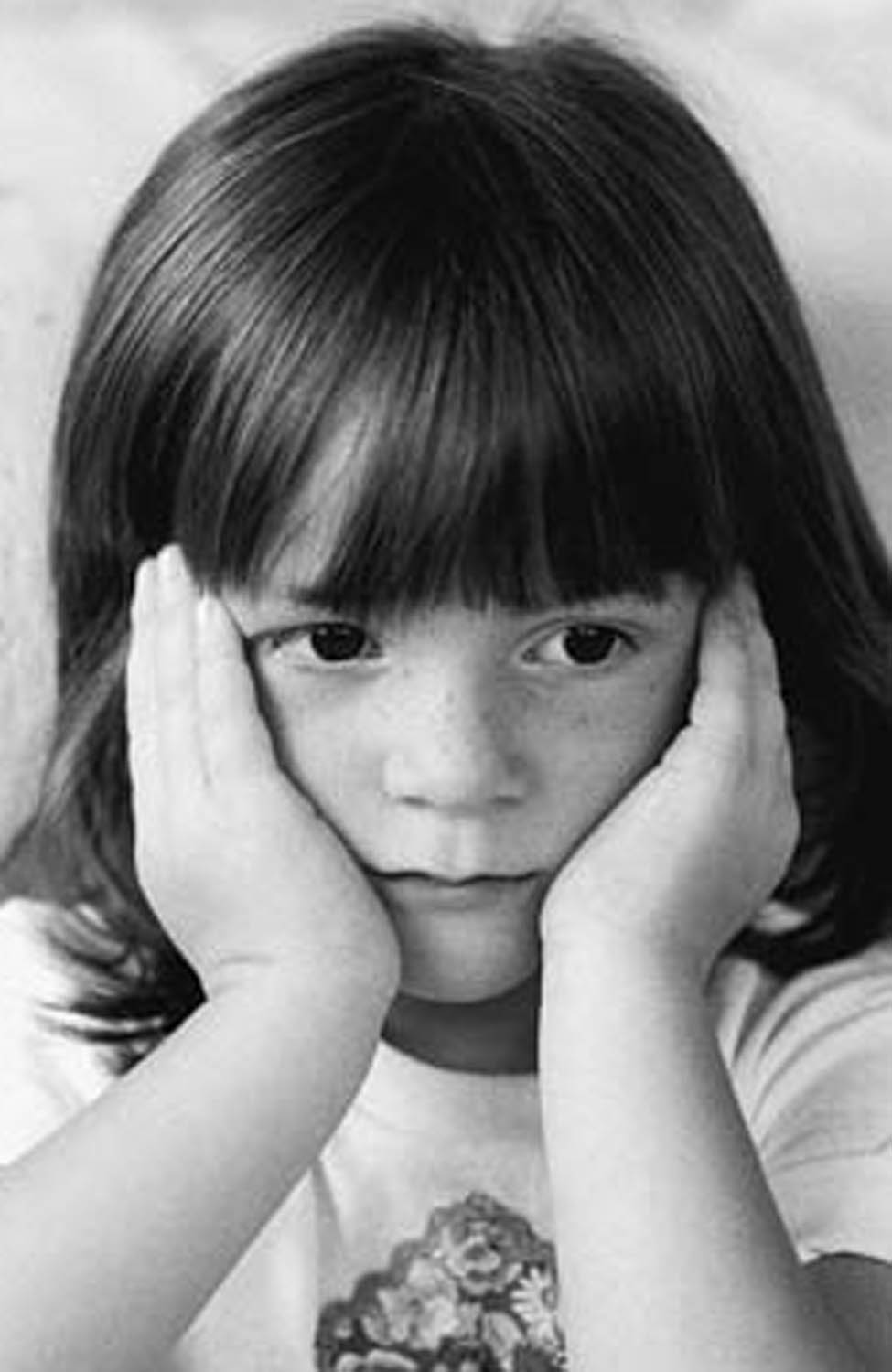What Can Cause Child Depression
Have you ever seen a child who seems to be sullen and unmotivated, lacking the energy and enthusiasm that children usually possess? Perhaps you've noticed subtle changes in a child's behavior, or maybe you've noticed a change in their expression that makes them appear sad and withdrawn. These are some of the telltale signs of depression in children.
Depressed Children
Depression in children occurs in various forms, and it can be difficult to recognize. Affected children might exhibit symptoms such as irritability, disinterest in activities they once found enjoyable, or changes in their appetite. At times, depression might manifest itself as excessive sleeping, while in other cases, it might lead to insomnia.

Children tend to keep their emotions under wraps, so it is essential for parents and caregivers to pay attention to subtle changes in behavior that could be linked to depression in children. Early detection can help mitigate the negative effects of depression and help your child to lead a happier life.
Depression in Kids
Kids also experience depression, although the signs and symptoms might not be identical to those of adults. At times, depression in kids might not manifest itself as sadness; instead, it could present itself as irritability, aggression, or excessive withdrawal from social activities. Other symptoms that could point to depression in kids include unexplained physical complaints, chronic complaints of boredom, sadness, or hopelessness.

Fortunately, depression in kids is treatable, and there are various options that parents can pursue to help their child. Counselling and therapy, in combination with medication, can ease depression symptoms in kids. Parents also play a critical role in treating depression in kids by ensuring that their child is getting enough exercise, sleep, and proper nutrition. Engaging in activities together as a family and spending quality time with your child can also help ease depression symptoms.
The Importance of Early Detection
It is critical to recognize and diagnose depression early in children so that appropriate treatment options can be provided. Depression has the potential to damage a child's developmental progress, making it more difficult for them to navigate and fulfill adult responsibilities later on in life. It can also cause long-lasting damage in the form of low self-esteem, social isolation, and even self-harm.
If you suspect your child is experiencing depression or if you've noticed any changes in their behavior, don't hesitate to seek medical help. A healthcare professional can help diagnose depression and determine the best course of action to improve your child's quality of life.
Conclusion
Depression in children is a serious issue, and it can manifest in ways that are not visible to the naked eye. Early detection and treatment can go a long way in helping your child lead a fulfilling and happy life. If you suspect depression in your child, always seek medical help for the best possible treatment options.